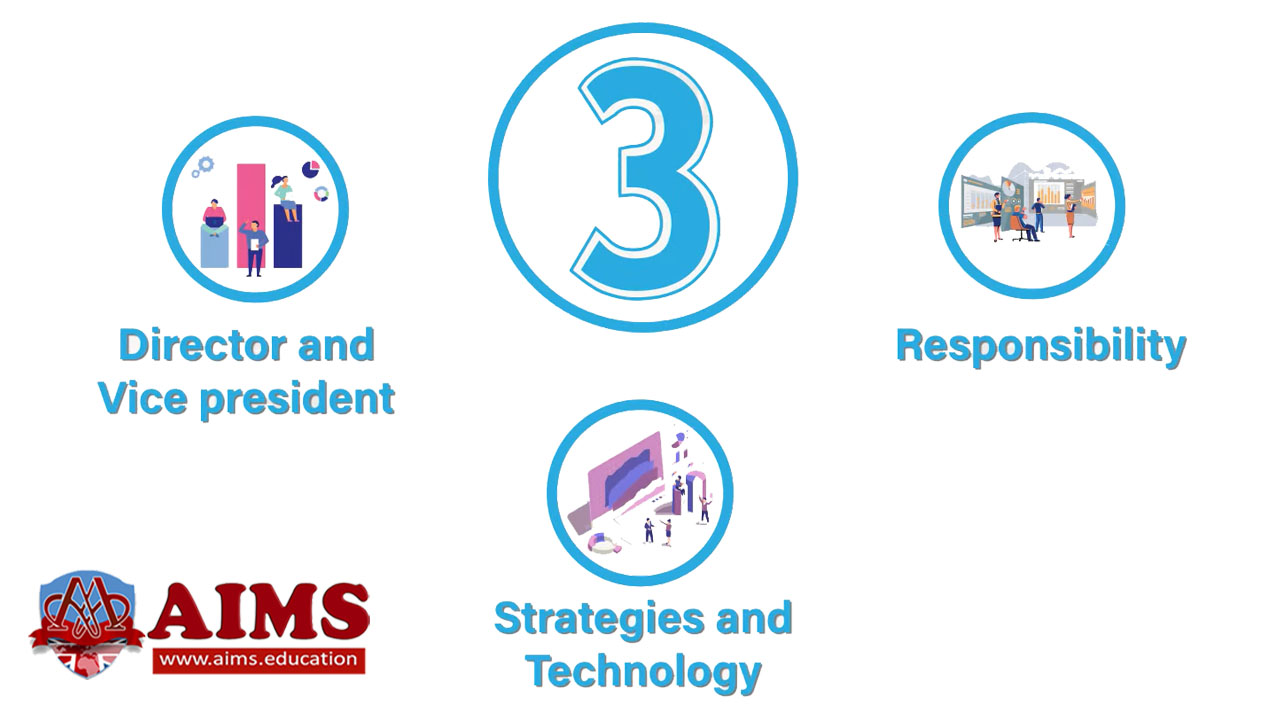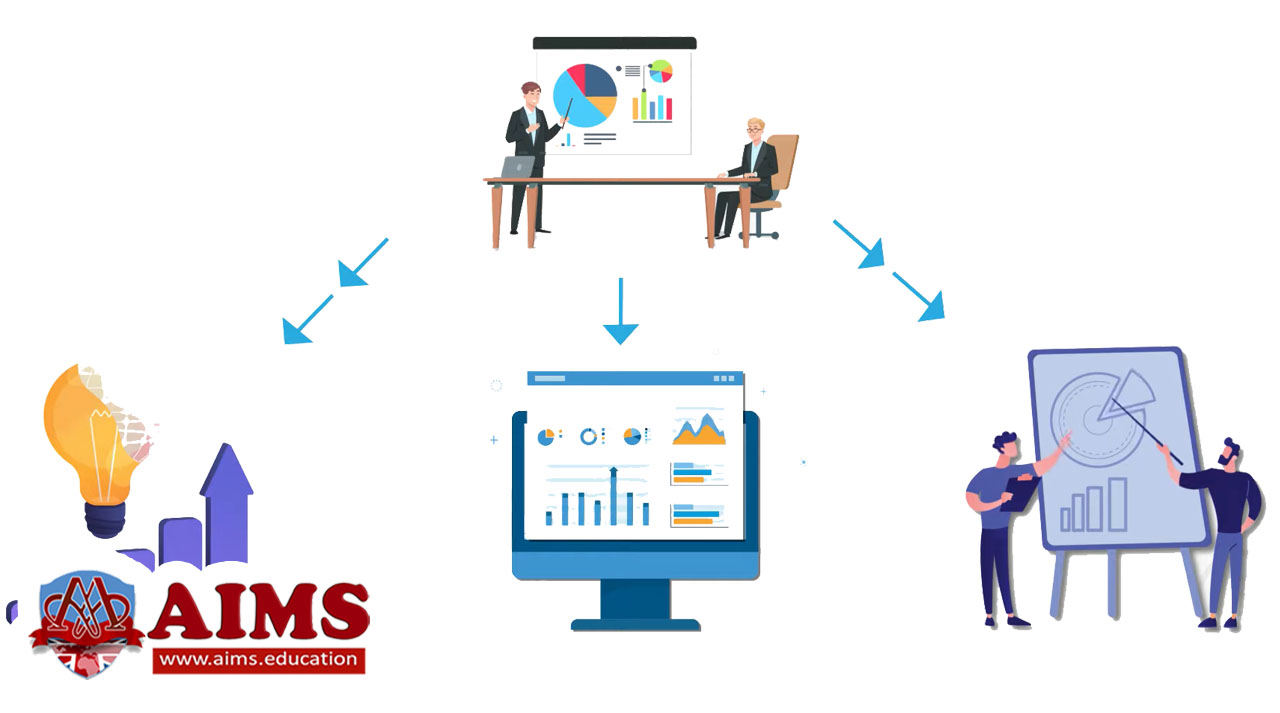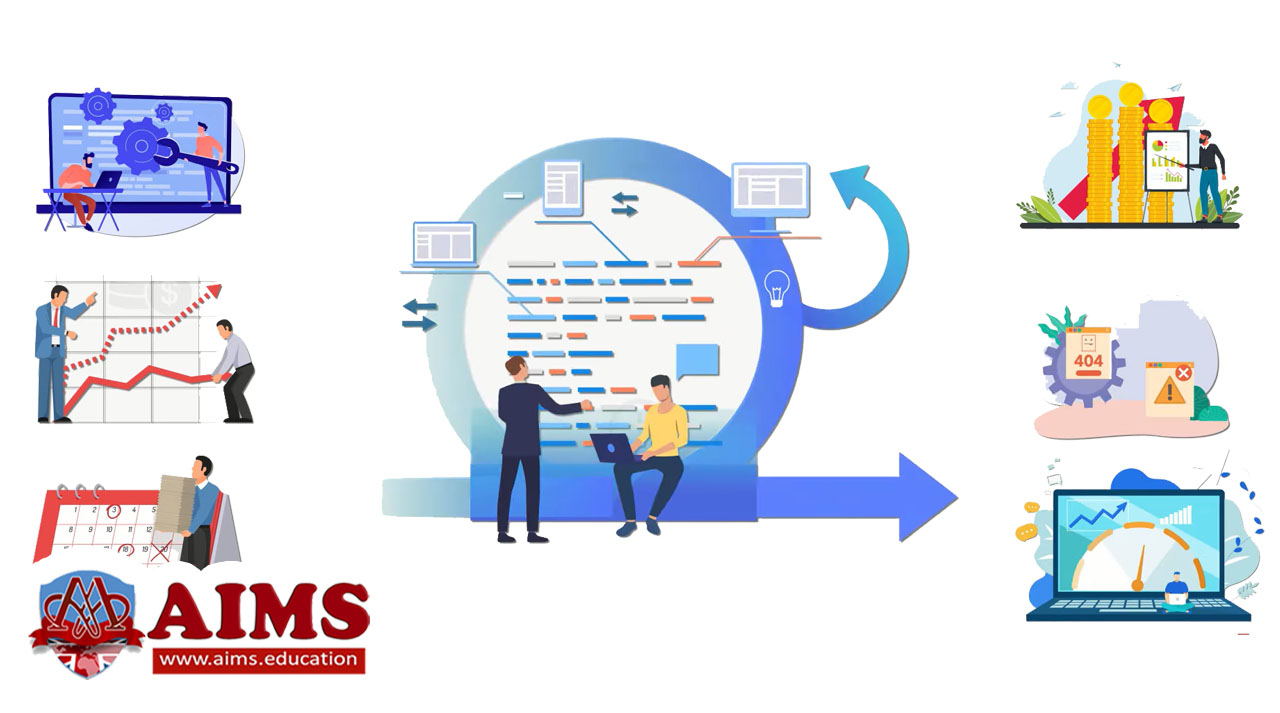What is Project Financial Management?
The project finance manager is becoming a new role within the finance division of organizations. They are responsible for making plans, leading, and taking control of activities of the finance-focused tasks, system changes and technology improvements within the department of finance. Project Financial Management is about overseeing the financial planning, implementation, and monitoring of short, mid, and long term initiatives from idea to implementation. Financial project management involves the development of project financial plans and guarantees task completion on time, within assigned budgets, and with customer satisfaction. The project finance management also aims to enhance the overall financial health and sustainability of a project.
How Does Project Financial Management Work?
4 Key Areas in Financial Project Management
The mechanism of financial project management encompasses a series of integrated processes and activities. This mechanism involves 4 key areas:
- Budgeting,
- Financial Planning and Analysis,
- Cost Management, and,
- Financial Reporting.

9 Main Roles of Project Financial Management
- Plan, effectively & efficiently implement, and manage project finances in an organization.
- Assign roles and responsibilities to the team to optimise the use of resources available.
- Assess the implementation of cost management in project management.
- Clearly define the objectives and associated risks.
- Thoroughly review several related case studies.
- Plan and control project budget.
- Manage changes and their troubleshooting.
- Set up implementation phases.
- Monitor and manage the quality of work.
Project finance management is a major part of successful management of project, and these skills are developed during AIMS’ online project management certification course and diploma in project management online programs, which are delivered through highly interactive learning content.

Responsibilities of Project Finance Manager
- The project finance manager will take instructions from director and vice president of finance to create and hold control and analytical financial systems and reviews assuring that tasks and reporting are done accurately, maintained, and that reviews are generated timely.
- Project finance manager plays a key role in project financial management, and is also responsible for finding and implementing new strategies and technology to create efficient and powerful techniques.
- They are also responsible to update Finance related sites and content material within their organizations.
- The project finance manager also designs and enforces software for economic guidelines and tactics and coordinates the features throughout the enterprise. The project management methodology could be a linear project, agile project, or agile-waterfall hybrid model.
- For an effective project management in finance, managers are also responsible for taking part with finance management in keeping a cutting-edge Accounting systems & method guide and a monetary policies manual.
Other special initiatives and duties can be assigned as the need arises.

8 Key Strategies to Succeed in Project Financial Management
1. Comprehensive Budget Planning, which should include all possible expenses and revenue sources.
2. Accurate Financial Forecasting using historical data, market trends, and economic indicators. This will help anticipate potential project financial management challenges and opportunities.
3. Effective Cost Control measures by monitoring and managing project expenses.
4. Regular Financial Reporting to provide project stakeholders with transparency and accountability. Regular reports should include budget status, and cash flow statements.
5. Risk Management to identify potential financial risks early in the project and develop strategies accordingly.
6. Resource Optimization to allocate and utilize resources efficiently so that unnecessary expenses may be avoided.
7. Communication With Stakeholders concerning financial matters. Clear and consistent communication helps ongoing support.
8. Financial Project Management Software utilization to streamline budgeting, forecasting, and reporting processes; and to enhance efficiency in project financial management activities.

Speculative Choices in Project Financial Management
In project financial management, speculation choice can be introductory, development, or disinvestment. The monetary arrangement of ventures considers the utilization of one’s own capital, the capital of outsiders, and financing. This is an examination of the use of assets in project in that they ought to discuss the situations and play out the recreations.
Income, the monetary record of the association and bookkeeping proclamations give critical endowments to the choice of the undertaking and the way toward arranging, a plausibility study and the meaning of the points of confinement for the venture.
Capital Planning Process in Finance Project Management
In finance project management, the capital planning process begins with the era of task recommendations. After the investigation of monetary budgetary possibility of choices, the choice is taken to projects identified with the task. The financial plan of the project funding to be contributed characterizes the allotment of assets to the project, specifying the inputs and yields accommodated in a given future period. Organizations must scale their working capital and talk about requiring fleeting financing.
